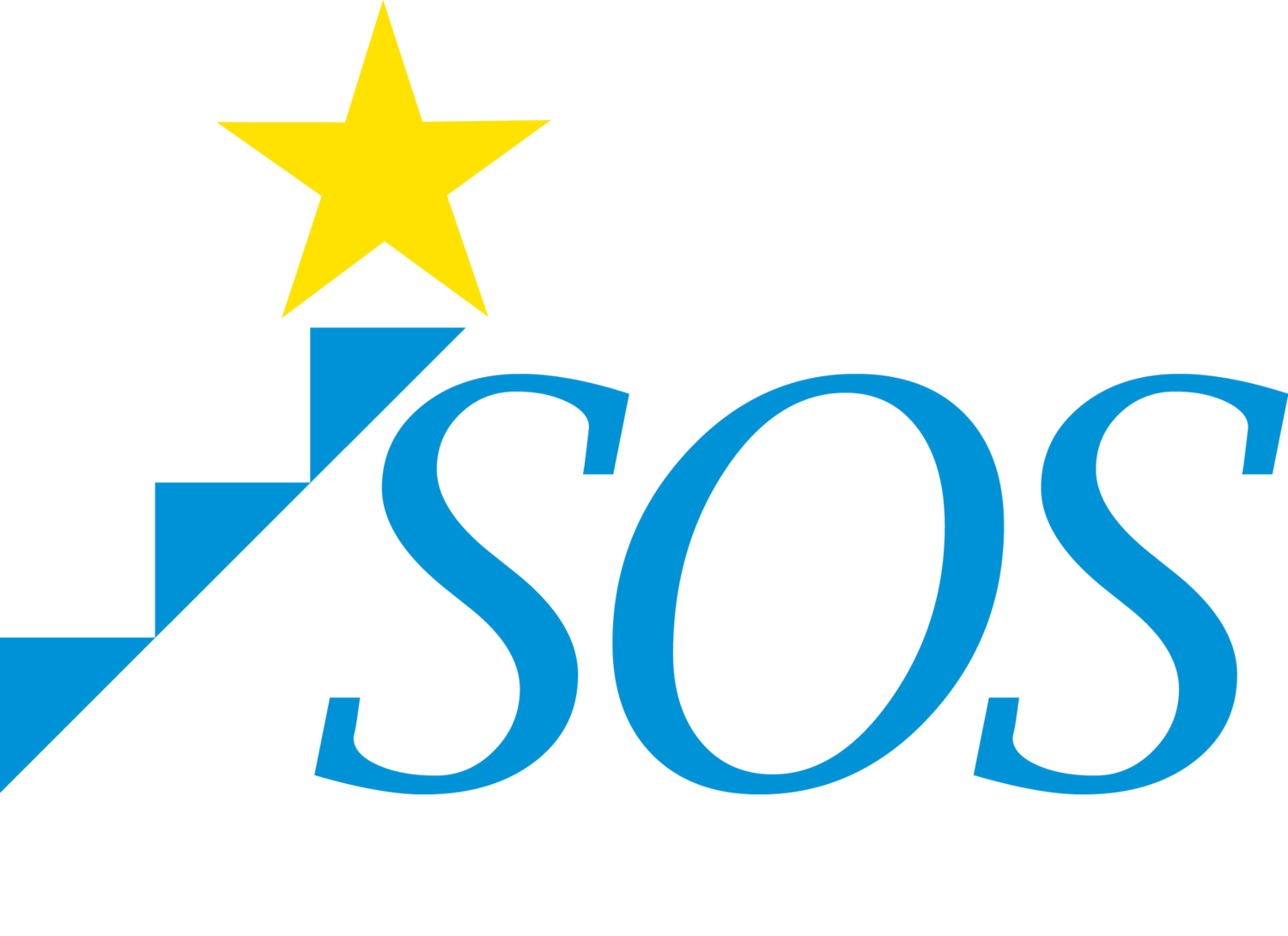If you have kids, you know that the words student and organized don't go together. How many times has your child been late or called you from school and asked you to drop off homework, a project, lunch, or even an entire backpack? And, have you looked in that backpack lately? The good news is that there is a growing field of professionals who can help children get organized.
Who are Student Organizers?
Student Organizers are professionals trained in the areas of child development and organization. They possess knowledge in how children learn and what may stand in their way to success. They understand there are many ways to organize and work with students to find solutions that work for them. They can be found in professional organizing, life coaching, or student organizing businesses. Student organizers are not academic tutors, counselors, psychologists, or physicians.
What do Student Organizers do?
Student Organizers help main-stream students as well as those with Attention-Deficit Hyperactivity Disorder (ADHD/ADD) and learning disorders develop skills that are vital to school success and necessary for independence as adults. They teach students how to:
1. Manage space
- Study area/desk
- Backpack
- Locker
2. Manage materials
- Binders/notebooks
- Homework papers
- Supplies
3. Manage time
- Academic planner / calendar
- Long term project planning
- Estimating how long things take
4. Set SMART goals: Specific, Measurable, Achievable, Realistic, Timely
5. Develop and maintain routines
- For healthy habits (eating, sleeping, exercising)
- For maintaining organizing systems (homework, getting stuff to and from school, remembering commitments)
Where do Student Organizers work?
Student Organizers typically work in person with children at their home. Other locations could include a school, public library, or any other agreed upon place. Some organizers will work virtually with students through video conferencing or through phone sessions depending on the preference of the student and family.
When is it necessary to call a Student Organizer?
You, the parent or guardian, are the best judge on when your child may need additional assistance. If your child experiences one or all of the following and your family is feeling frustrated by their efforts to improve, a Student Organizer may be able to help.
- poor grades and study habits
- difficulty starting tasks such as homework or chores
- failure to completing tasks
- always late
- missing project deadlines
- misplacing things
Why are Student Organizers becoming more common?
As parents, we love our kids and want them to be successful in life. We want to provide our children with the support they need but are unsure of what that is because school and life is not what it used to be.
1. Today, children have different demands than in the past. These include:
- the Internet with immediate and easy access to everything
- higher standards at school – even in kindergarten and pre-school
- use of laptops or other electronic devices for schoolwork and homework
- social media and video games
- increase in learning disorders, drugs, suicide
2. Teachers do not necessarily teach organization and planning skills, especially in high school and college. They may assume students already have the necessary skills.
3. The fields of psychology and brain research have identified different learning and thinking styles. Parents' styles may be different than their children's styles which can cause frustration. And, don’t forget that their teachers' styles may differ as well. Kids give up on systems that are not aligned to their particular style.
4. Children’s brains are developing. The executive function area which includes the ability to organize and plan isn’t fully developed until the mid to late 20s. This area acts like our own personal TV remote in that it controls everything including impulses, cognitive flexibility, initiating tasks, planning and organizing, and self-monitoring. Developmental delay in these areas most assuredly affect school success.
How does a Student Organizer help students acquire these skills?
This is different for each student and family depending on their individual needs and can include one or all of the following:
- Assessing students to determine their strengths/weaknesses and their learning/thinking styles.
- Consultation with students and their families to determine specific goals and develop an individualized plan.
- Weekly one on one or small group coaching sessions to teach new skills and provide ongoing support and encouragement as they work to achieve their goals.
- Presentations on organization and time management topics to provide strategies that families can try on their own.


